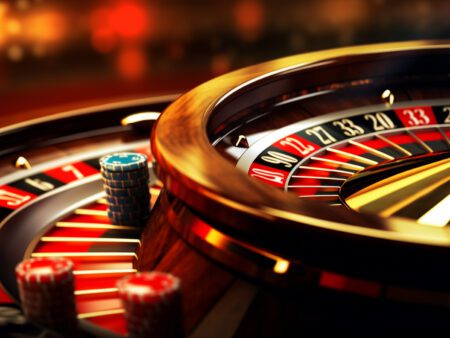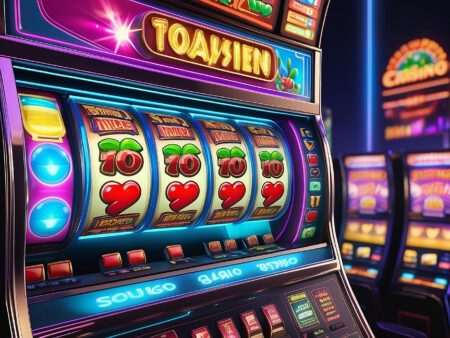Discover the art of bluffing in online poker and how to gain an edge over your opponents. Learn the psychology behind bluffing and its role in the game.
The Art of Bluffing in Online Poker
Picture this: You’re sitting at a virtual poker table, your heart racing as you contemplate your next move. The digital cards are dealt, and you carefully assess your hand. As the game progresses, you start to notice a pattern – a way to gain an edge over your opponents, even with a weaker hand.
How is this possible? The answer lies in the art of bluffing.
Bluffing is an essential skill in poker, both in traditional brick-and-mortar casinos and the online realm. It’s the art of deception, of convincing your opponents that you hold a stronger hand than you actually do. But bluffing isn’t just about fooling others; it’s about understanding the psychology of the game and leveraging it to your advantage.
Did you know that a staggering 87% of poker players believe bluffing is a crucial strategy? That’s right – the majority of players understand the power of a well-executed bluff.
Bluffing is not just about luck or chance; it requires careful observation and understanding of your opponents. Reading their body language, spotting their betting patterns, and detecting any signs of nervousness or confidence can give you invaluable insights into their hand strength.
But how do you know when to bluff and when to fold? It’s a delicate balance that comes with experience and practice. One key factor to consider is the table dynamics. Is it a tight table, where players are conservative and rarely take risks? Or is it a loose table, where players are more prone to making bold moves and taking chances?
Knowing the table dynamics can help you determine the optimal times to bluff. For example, bluffing at a tight table may be more effective since players are less likely to call your bets without strong hands. On the other hand, bluffing at a loose table may be riskier, as players may be more inclined to call your bluffs and challenge you in the hand.
It’s also important to consider your own image at the table. Have you been playing tight and conservative, only showing strong hands? If so, your opponents are more likely to give you credit for a strong hand when you make a big bet or raise. This can work to your advantage when executing a bluff, as your opponents may be more inclined to fold and avoid confrontation.
Remember, bluffing is not about going all-in on every hand or being reckless with your chips. It’s a strategic tool that should be used selectively and thoughtfully. A well-timed bluff can turn the tide of a poker game, but a poorly executed one can quickly deplete your chip stack.
So, how can you improve your bluffing skills in online poker? Practice is key. Start by playing at low-stakes tables to hone your bluffing techniques without risking a significant amount of money. Observe your opponents, experiment with different bluffing strategies, and learn from your successes and failures.
Additionally, studying poker strategy and learning from expert players can provide valuable insights and help you refine your bluffing game. There are plenty of educational resources, like the blog post ‘Winning at Roulette: Inside Secrets and Expert Advice’, that offer in-depth analysis and tips on various casino games, including poker.
Lastly, always remember to trust your instincts and be adaptable. The art of bluffing is not a one-size-fits-all approach. What works in one game or against one opponent may not work in another situation. Stay flexible, be aware of the game dynamics, and be prepared to adjust your strategy accordingly.
The art of bluffing in online poker is a captivating element that adds excitement and intrigue to the game. It’s a delicate dance of deception and strategy that can make or break your poker sessions. By mastering the art of bluffing, you can gain a competitive edge, keep your opponents on their toes, and increase your chances of success at the virtual poker table.
So, the next time you’re playing online poker, remember to embrace the art of bluffing. Take calculated risks, trust your instincts, and enjoy the thrill of outsmarting your opponents. Happy bluffing!










